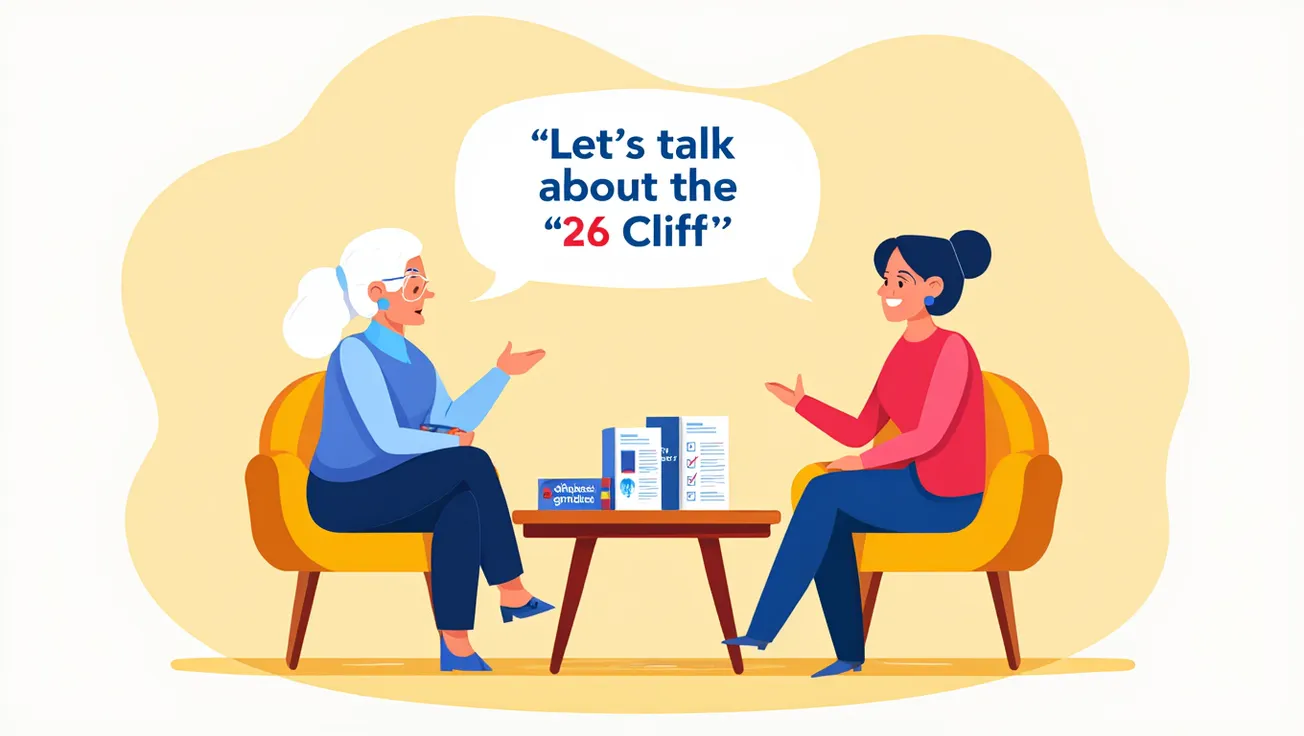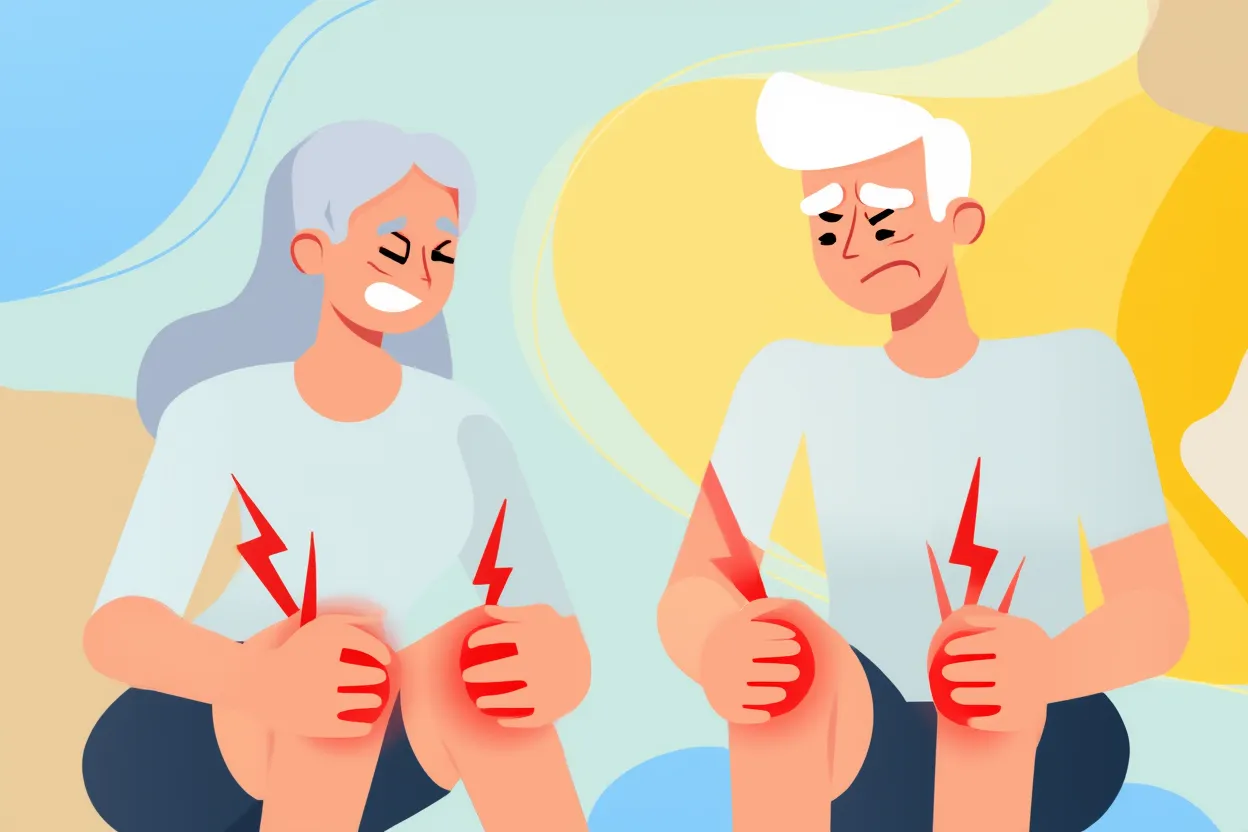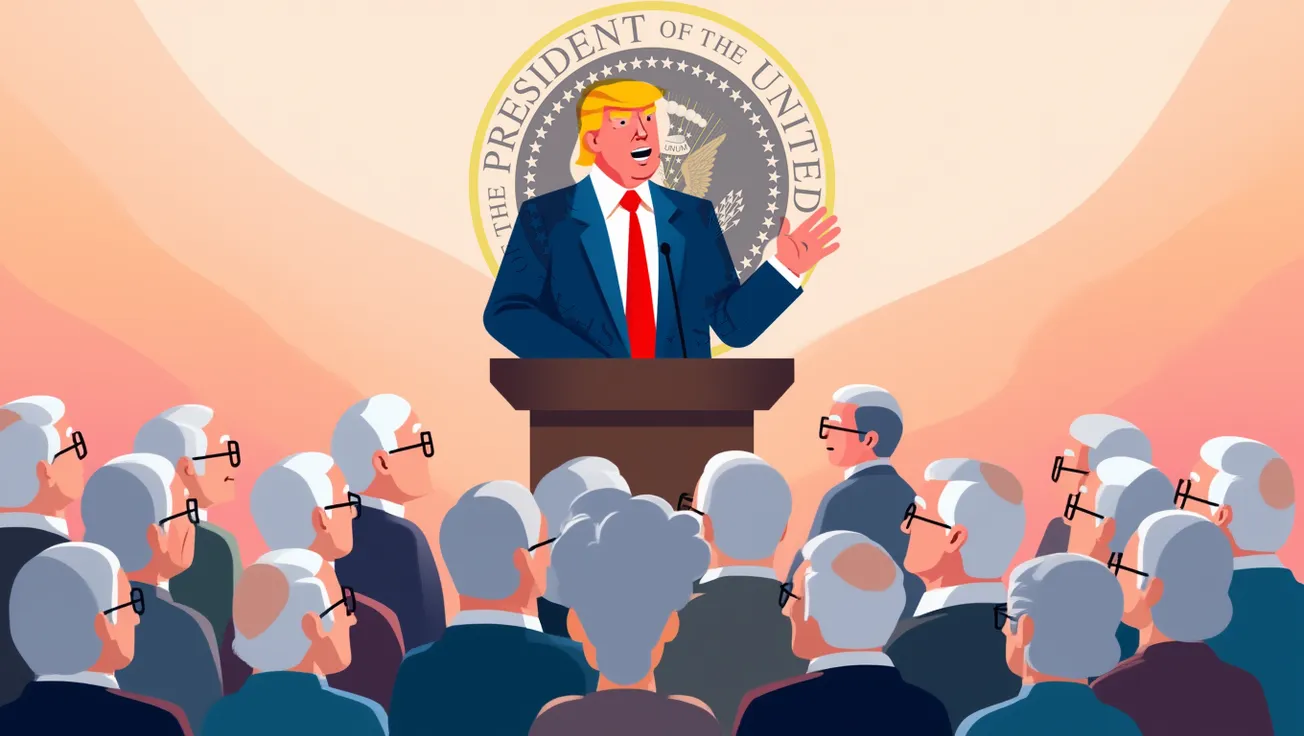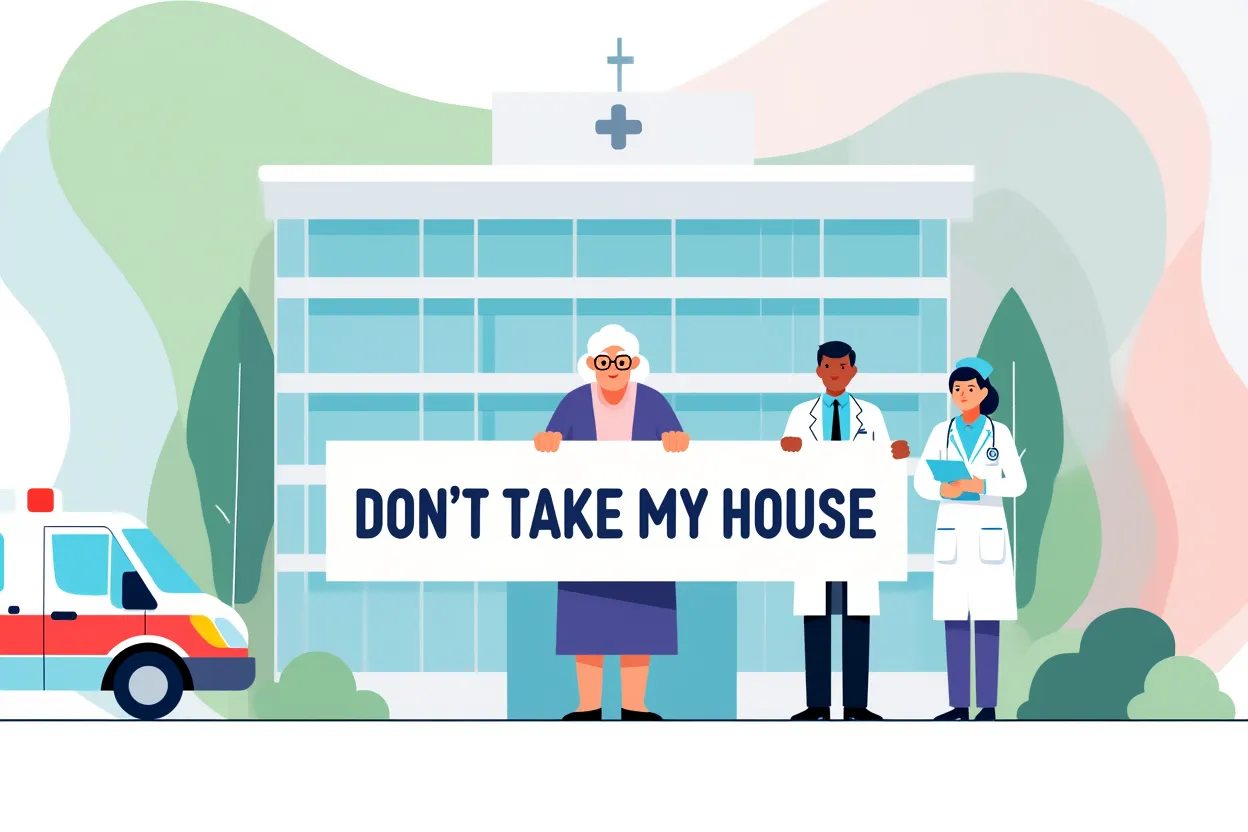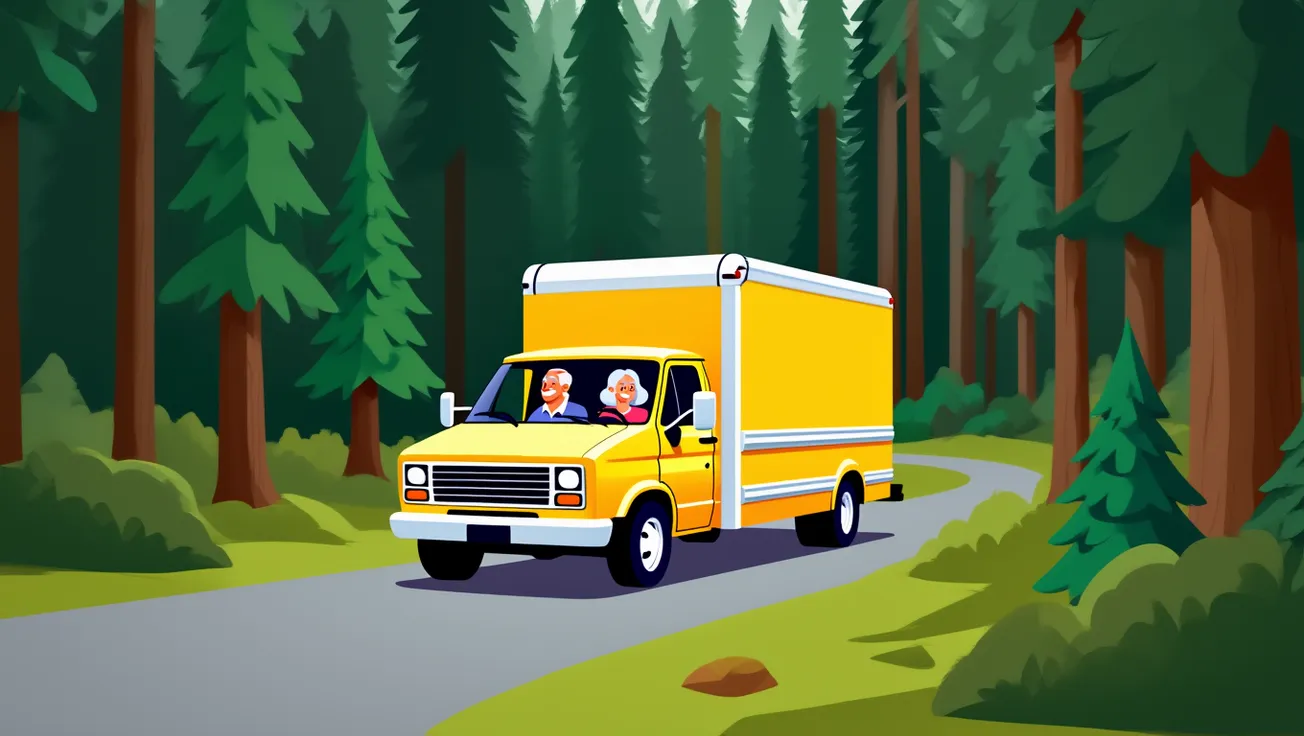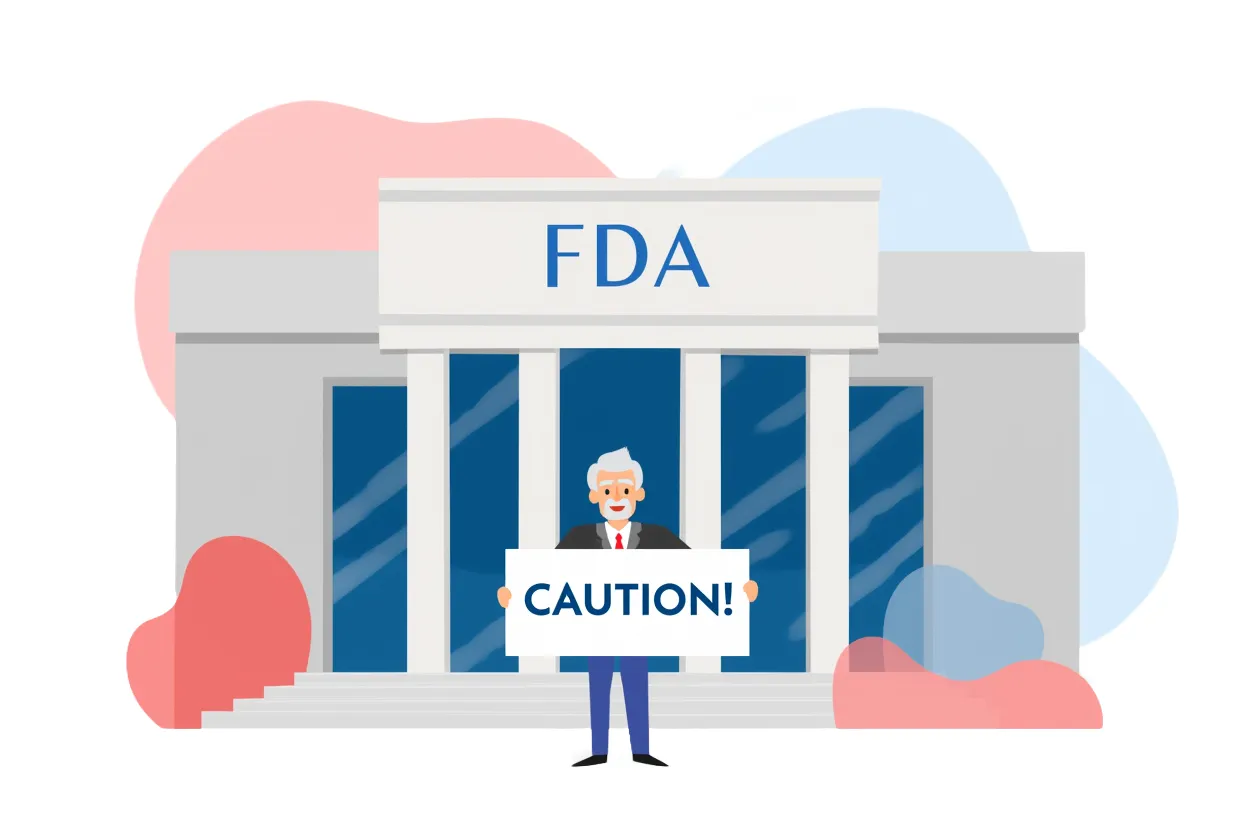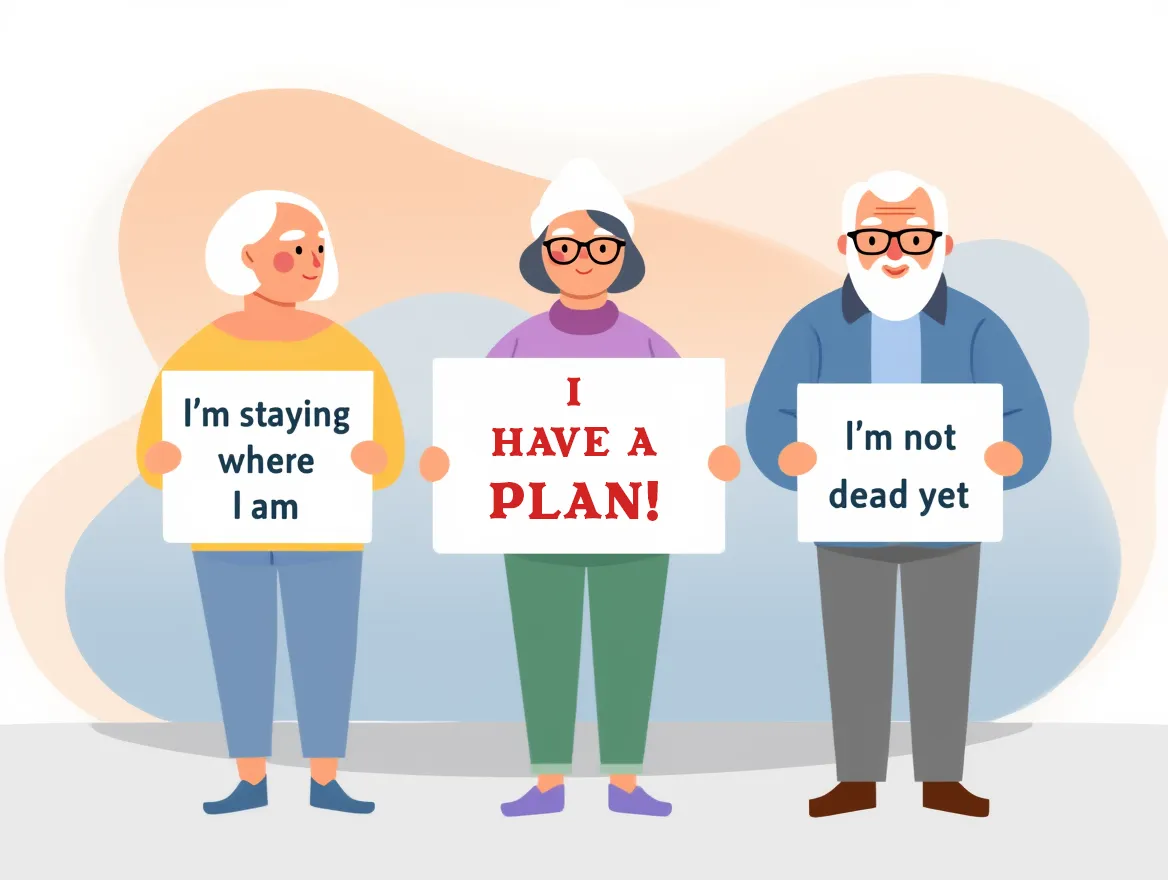Practical, compassionate steps grandparents can take to guide young adults through the confusing transition off their parents’ health plan.
The Takeaway
- Grandparents can start early—encourage grandchildren to explore coverage options months before turning 26.
- Use trusted navigator assistance through Healthcare.gov’s Find Local Help tool to simplify choices.
- Help compare plans clearly: watch for subsidies, copays, out-of-pocket costs, and in-network doctors.
- Assist with paperwork and follow-up, especially on Medicaid applications to avoid lengthy delays.
- Provide temporary financial support or help negotiate medical debt if coverage gaps occur.
What is the '26-Cliff'?
In the United States, the Affordable Care Act (ACA) allows children to stay on their parents’ health insurance until their 26th birthday. Once that day arrives, they are required to find their own coverage—often suddenly and without much preparation. This moment is sometimes called the '26-cliff' because it can feel like young adults are pushed off a financial and healthcare edge.
For some, a new job provides decent insurance. But many others—gig workers, freelancers, part-timers—are left with confusing options on the marketplace, expensive COBRA continuation coverage, or Medicaid (if their state offers it). Without support, too many end up uninsured, risking both their health and financial stability.
Why This Matters for Grandparents
Today’s young adults face a much more unstable job and insurance market than their parents or grandparents did. Marketplace plans can cost hundreds per month with high deductibles, and Medicaid eligibility varies widely by state.
It’s no wonder that, according to KFF Health News, about 15 percent of 26-year-olds go uninsured—the highest rate of any age group. Grandparents, who often have experience navigating complex systems, can provide guidance, reassurance, and sometimes financial assistance.
Start the Conversation Early
The best defense against the 26-cliff is preparation. Grandparents can start conversations months before their grandchild’s birthday. Ask simple questions:
- Do they have job-based insurance lined up?
- Have they checked if they qualify for Medicaid in their state?
- Have they explored marketplace options?
Early planning prevents stressful gaps in coverage and allows time to submit paperwork. For example, some Medicaid applications take months to process, leaving applicants uninsured in the meantime.
Use Real Navigator Assistance—Not Just Guesswork
The ACA set up 'navigators' and 'assisters' to provide free, impartial help for anyone choosing a plan. These trained helpers walk applicants through coverage options, clarify confusing terms, and ensure paperwork is correct.
Grandparents can help their grandchild connect with one through the official HealthCare.gov 'Find Local Help' tool. This avoids the trap of commercial websites posing as official marketplaces, which often lead to spam or questionable plans.
Help Compare Plans Wisely
Insurance marketplaces can be overwhelming, offering dozens or even hundreds of plans with small but important differences. Many young adults simply give up or choose the cheapest option, which may not cover essential care.
Grandparents can bring patience and perspective, helping build a simple comparison chart: premiums, deductibles, out-of-pocket maximums, drug coverage, and whether their preferred doctors are included.
They can also point out standardized 'Easy Pricing' plans that must cover certain basics, though not all states enforce these standards consistently.
Offer Follow‑Through Support with Applications
Even when a young person applies for Medicaid or marketplace coverage, the process can involve long waits, unclear communication, and lost paperwork. Here, a grandparent’s persistence can help.
Making follow-up calls together, organizing documents in advance, and encouraging patience can smooth the transition. Grandparents can also help spot deadlines—such as the 60-day special enrollment period after losing parental coverage—that are easy to miss.
Provide Financial or Practical Back‑up
Some grandparents may have the means to go a step further. Paying a first month’s premium, helping with COBRA during a gap, or contributing to out-of-pocket expenses can keep a grandchild insured during a vulnerable time. Even if financial help isn’t possible, offering to help negotiate with providers or review medical bills can provide real relief.
Final Thoughts
The 26-cliff is a uniquely American problem—young people suddenly cut loose from the safety of family coverage at an age when careers and incomes are still unstable. But grandparents can be a bridge across that cliff. With foresight, guidance, and sometimes financial help, they can make sure their grandchildren don’t face serious illness or crushing debt alone.
Disclaimer: This article is for informational purposes only and is not a substitute for professional medical, legal, or financial advice. Health insurance options vary by state, income, and personal circumstances. Seniors and their families should consult licensed insurance navigators, state Medicaid offices, or qualified professionals before making coverage decisions.


